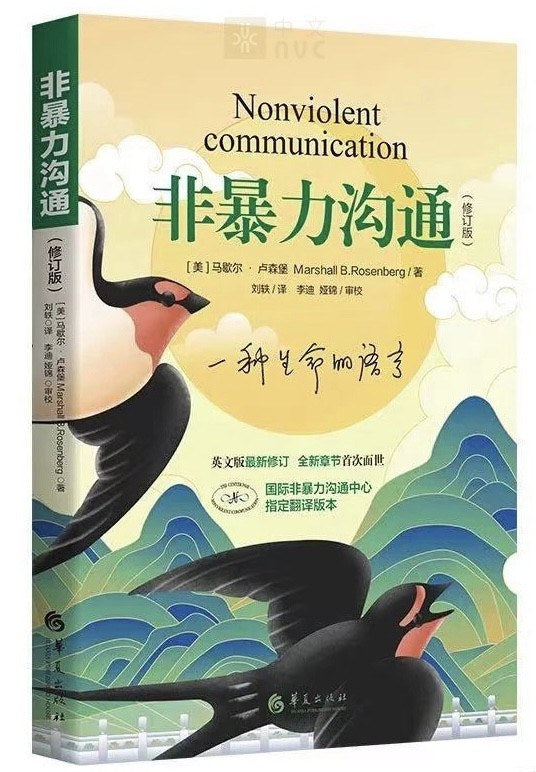WULOLIFE
《非暴力沟通》作者: [美]马歇尔·卢森堡 副标题: 修订版 原作名: Nonviolent Communication 华夏出版社
《非暴力沟通》作者: [美]马歇尔·卢森堡 副标题: 修订版 原作名: Nonviolent Communication 华夏出版社
Sale
Sold out
Regular price
€18,00 EUR
Regular price
Sale price
€18,00 EUR
Unit price
per
Tax included.
Shipping calculated at checkout.
Couldn't load pickup availability
Description
内容简介 · · · · · ·
"马歇尔•卢森堡博士发现了一种沟通方式,依照它来谈话和聆听,能使人们情意相通,和谐相处。
暴力”留意一下现实生活中的谈话方式,并且用心体会各种谈话方式给我们的不同感受,我们一定 会发现,有些话确实伤人!言语上的指责、嘲讽、否定、说教以及任意打断、拒不回应、随意出口的评价和结论给我们带来的情感和精神上的创伤甚至比肉体的伤害更加令人痛苦。人与人变得冷漠、隔膜、敌视。
Page
1.疗愈内心深处的隐秘伤痛;
2.
3.突破那些引发愤怒、沮丧、焦虑等负面情绪的思维方式;
4.用不带伤害的方式化解人际间的冲突;
5.
作者简介 · · · · · ·
马歇尔•卢森堡博士由于在促进人类和谐共处方面的突出成就,2006年他获得了地球村基金会颁发的和平之桥奖。卢森堡博士早年师从心理学大师卡尔•罗杰斯,后来他发展出极具启发性和影响力的非暴力沟通的原则和方法,不仅教会人们如何使个人生活更加和谐美好,同时解决了众多世界范围内的冲突和争端。非暴力沟通被联合国教科文组织列为全球正式教育和非正式教育领域非暴力解决冲突的最佳实践之一。
